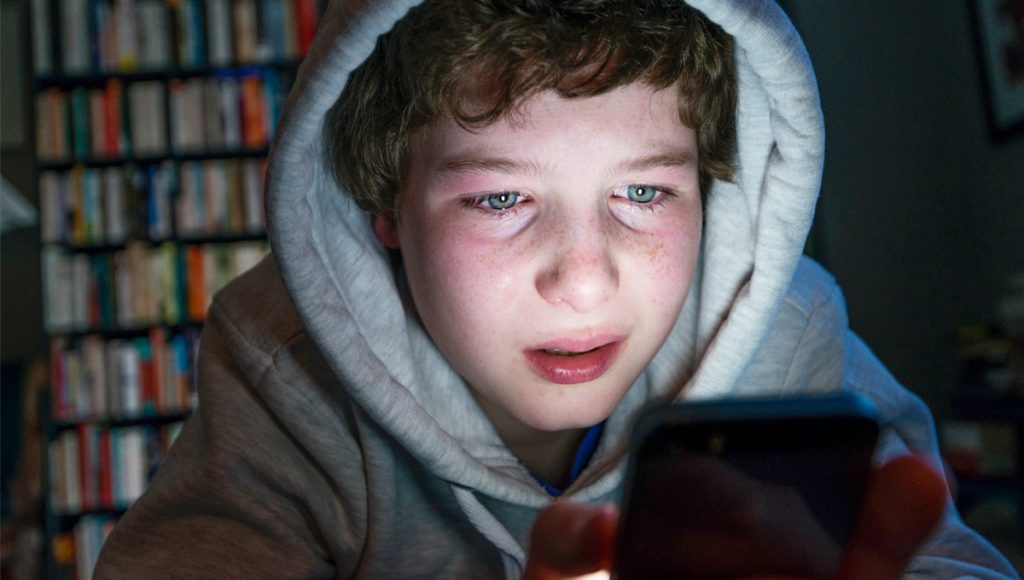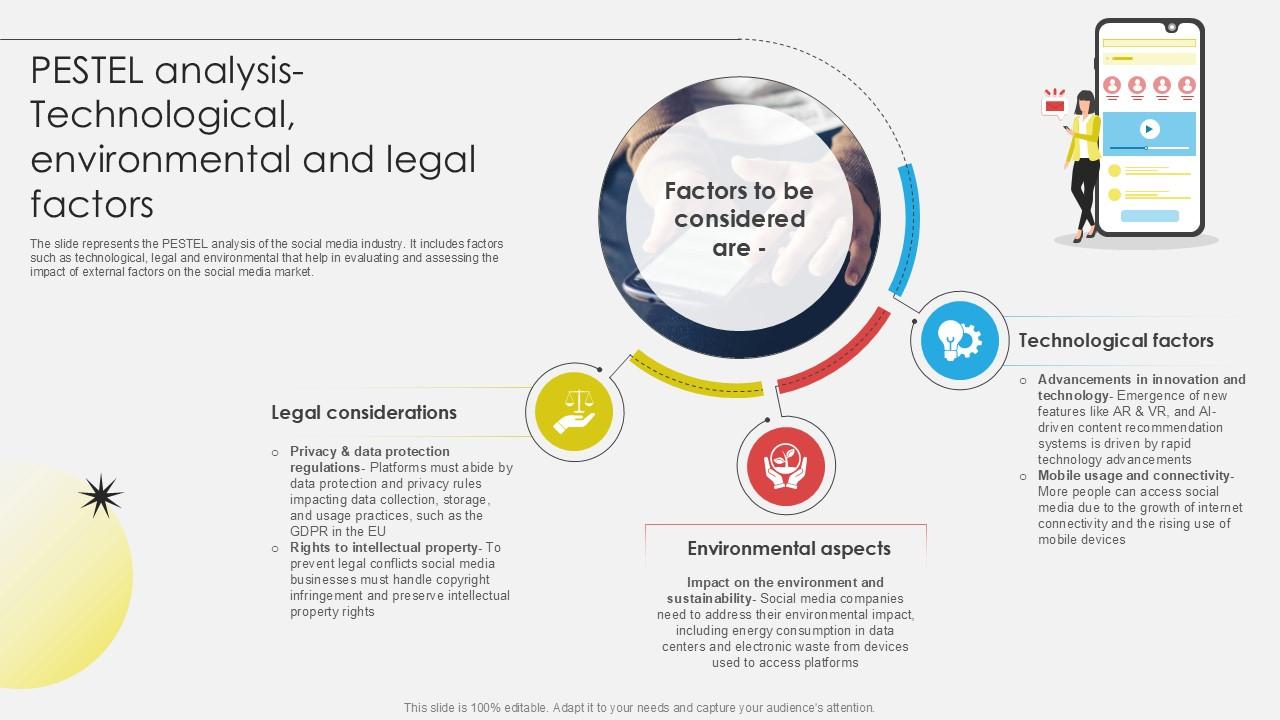Australia to Implement Social Media Ban for Youth by 2025
In a bold move that could influence global policy, the Australian government is pushing for stringent regulations on social media use among children and teenagers. The proposal aims to enforce strict age restrictions across platforms such as Facebook, Instagram, and TikTok, effectively banning access for users under the age of 16.
The Dangers of Social Media
Concerns over the adverse effects of social media on young people have intensified in recent years. Detractors of platforms like Facebook and Instagram highlight risks to both physical and mental health attributed to the proliferation of misleading body images and misogynistic content. As the government recognizes these dangers, it is preparing to take significant action to protect its youth.
 The potential impact of social media on the physical and mental health of adolescents.
The potential impact of social media on the physical and mental health of adolescents.
Legislative Proposal
As reported by Reuters, Australia could become the first nation to implement such strict measures, with legislation expected to be ratified by Parliament in the upcoming year. Under the proposed changes, access to major social media platforms would be prohibited for individuals younger than 16, a step aimed at addressing ongoing concerns about safe online environments for minors.
Age Verification Challenges
However, the actual execution of these regulations remains ambiguous. No country has yet enforced comparable strictures, leaving vital questions about how age verification will be practically achieved. The government’s framework suggests that platforms will need to deploy verification systems that could involve biometric data and official identification documents. Ultimately, the responsibility for demonstrating the efficacy of these access restrictions will rest with the companies themselves.
Opposition from Social Media Giants
Operators of social media platforms have voiced strong objections to the proposal. They argue that such a ban may not reflect contemporary needs, potentially pushing adolescents toward even more dangerous environments online. Critics question whether these companies genuinely prioritize child safety; despite existing age restrictions indicated in terms of service, there has been little performance in validating user ages effectively.
 The importance of online safety measures for young users.
The importance of online safety measures for young users.
Global Perspectives
Australia is not alone in its scrutiny of social media regulations. Earlier this year, French Prime Minister Stanislas Guerini called for gradual age restrictions, proposing that children under 13 must have parental consent to access social media and can only create personal accounts at age 15. Similarly, scrutiny surrounding social media, particularly regarding platforms like TikTok, has intensified in North America as well. Recently, fourteen attorneys general in the USA filed various lawsuits against ByteDance’s popular social media app.
Security Concerns over TikTok
TikTok faces heightened scrutiny beyond age-related issues. The app’s ownership by China-based ByteDance has raised alarms concerning user data security and potential espionage, with ongoing calls within U.S. political circles for either divestment by its parent company or an outright ban on the service. This perspective is echoed in Canada, where the government has mandated the dissolution of TikTok Technology Canada, Inc. to safeguard national security interests.
 The evolving landscape of social media regulations worldwide.
The evolving landscape of social media regulations worldwide.
Conclusion
As Australia prepares to lead the charge for youth-centric social media regulation, the implications of such a policy could resonate well beyond its borders. The initiative sparks a broader discourse about the responsibilities of social media companies toward user safety, particularly when it comes to protecting the most vulnerable. The coming months could shape a new global standard for youth engagement in online communities, fostering necessary discussions around mental health, security, and technological responsibility.














